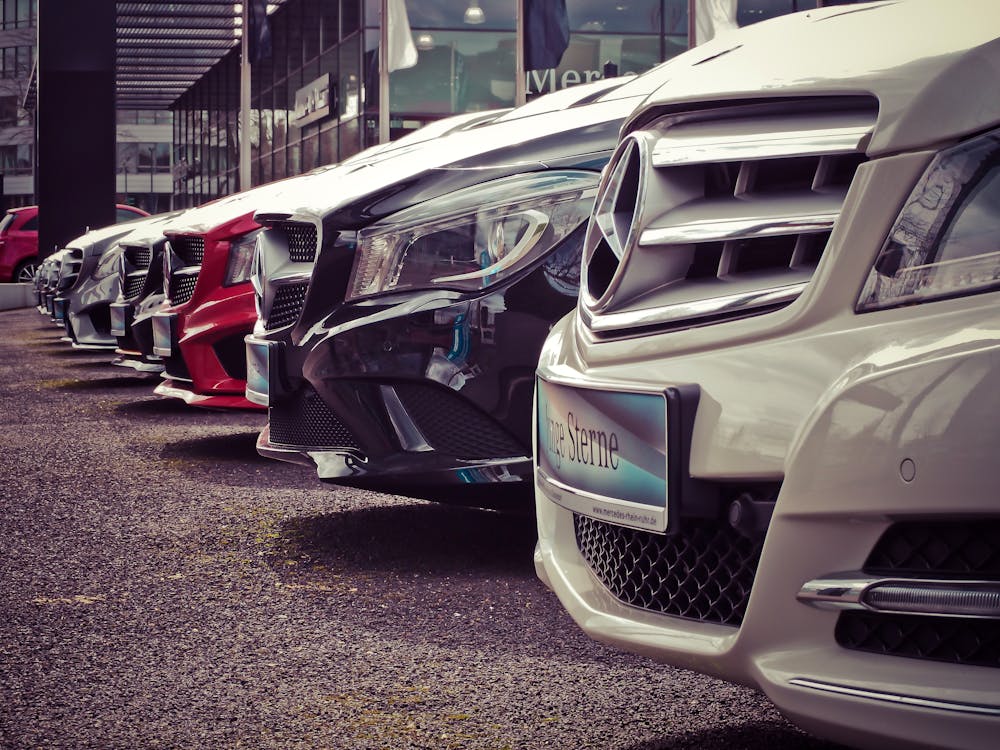Picking whether to buy or lease a car is one of your most important decisions as a car owner. Your choice will significantly impact your budget, how much you drive, and how often you have to worry about repairs.
Leasing a car has become increasingly popular, as it offers several advantages over buying a new or used car. For instance, you can take advantage of Honda leasing facilities to get behind the wheel of your dream car.
However, it’s essential to understand the potential drawbacks of leasing before you make your decision. This article will compare the cost of leasing a car to buying a new or used vehicle.
By the peak of this article, you’ll have a better perception of the pros and cons of each option to make the best decision for your needs.
Pros Of Buying A New Car

- It allows you to test-drive different models and find the perfect one. This will offer you a feel for how each vehicle drives, handles and looks inside and out. You can also compare prices and specs between different makes and models to find the best deal possible.
- Buying a new vehicle can help reduce your monthly payments by locking in the interest rate for your loan and avoiding potential increases down the road.
- New cars often come with more features than older models, which means you can enjoy the latest technology without spending extra money on upgrades later on.
- A new vehicle will likely have lower maintenance costs than an older model because it has been designed with more recent technology that requires less upkeep.
- New cars typically come with warranties covering more items, such as accidents or mechanical failures, than older cars.
- If you plan to keep your vehicle for a long time, buying a newer model may provide more excellent resale value than purchasing an older model that is likely due for replacement.
Cons of Buying A New Car

- The average cost of a new vehicle has increased by more than 10% in the past two years and is expected to continue rising. This increase is primarily due to higher prices for materials like steel and aluminum and rising interest rates.
- To secure a loan for a new vehicle, you will likely need at least a 20% down payment – double the amount required for an older model vehicle. Down payments this large, can be challenging to come by, especially if you need excellent credit or savings.
- The future value of your vehicle is still unknown. Unlike when purchasing an older model vehicle, it isn’t easy to know your future value for a brand-new car – even after just one year of ownership! This uncertainty makes it risky to invest too much money upfront in something with such limited upside potential.
Pros Of Buying An Old Car
- Old cars cost less than new cars, regardless of the make or model. This is because they have fewer features and require more maintenance.
- The value of an old vehicle depreciates much slower than the value of a new vehicle. This is because older cars have been used for fewer miles and are usually in better condition, mechanically speaking.
- Many factors go into determining your insurance rate, but age is often one of them. Older vehicles generally have lower rates because they’re considered safer by insurers.
Cons Of Buying An Old Car
- Old cars require more maintenance than new cars because they are often driven less and have fewer features. You will need to take them in for repairs more frequently and spend more on mechanic bills.
- Older cars are often plagued by early-onset problems, such as engine failures or transmission issues, which can lead to expensive repairs down the road.
- Older vehicles typically use older technology that may not be compatible with newer devices or software applications, causing frustration when connecting your vehicle to various systems.
- Many old cars do not come with a warranty, meaning you’re entirely responsible for any repair costs if something goes wrong.
Pros of Leasing A Car

- When you lease, the depreciation of your vehicle is taken care of by the leasing company. This means that over time, you will have less money out-of-pocket as repairs and replacements happen on your vehicle.
- Leasing allows consumers access to more expensive vehicles than they could purchase outright. For example, leasing may be an ideal solution if you’re not interested in buying a luxury vehicle but still want one that’s reliable and comfortable.
- With leases, there is no need to worry about making significant financial commitments upfront. You can add upgrades and modifications to your contract at any time.
- Leasing gives you more flexibility in terms of payment options and interest rates than buying a car.
Cons Of Leasing A Car
- First, you may only drive a certain number of miles per year, and your lease will automatically renew each month without any notice. This limit may not allow you to use your leased vehicle in ways that would benefit your business or personal life. For example, if you need to take your company’s vehicle on long road trips, you may be unable to do so with your leased car.
- You cannot build equity in the vehicle and have no control over when it is returned or whether it has been damaged.
- If something unfortunate were to happen to the vehicle while it’s under lease (for example, if it gets stolen), you would have no recourse other than filing a claim with the leasing company.
- Leases typically have shorter terms. When it comes time for renewal, many people face higher insurance premiums due to their lack of history with auto insurance companies.
Breaking Down The Cost
The average cost of a new car ranges from $30,000 to $40,000. The standard price of a used car is about half that price. When you lease a vehicle, the company pays for it, and then you make monthly payments.
You can either buy the car at the peak end of your lease or keep it if you like. You usually have to pay cash and take out a loan if you buy a vehicle.
The down payment is usually 20% to 50%. Car leases are often cheaper than buying cars because the interest rate is lower and there are no hidden fees.
Conclusion
There’s no easy answer when concluding whether to lease or buy a car. It all depends on your circumstances and what you’re looking for in a vehicle. However, it’s crucial to weigh both options’ pros and cons before deciding.
It’s essential to consider what you need from a car before deciding which option is best for you. If you’re only looking for something short-term, then leasing could be the way. But if you want something you can keep for years, buying might be the better option. Whichever route you choose, do your research first, so you know what you’re getting into.








